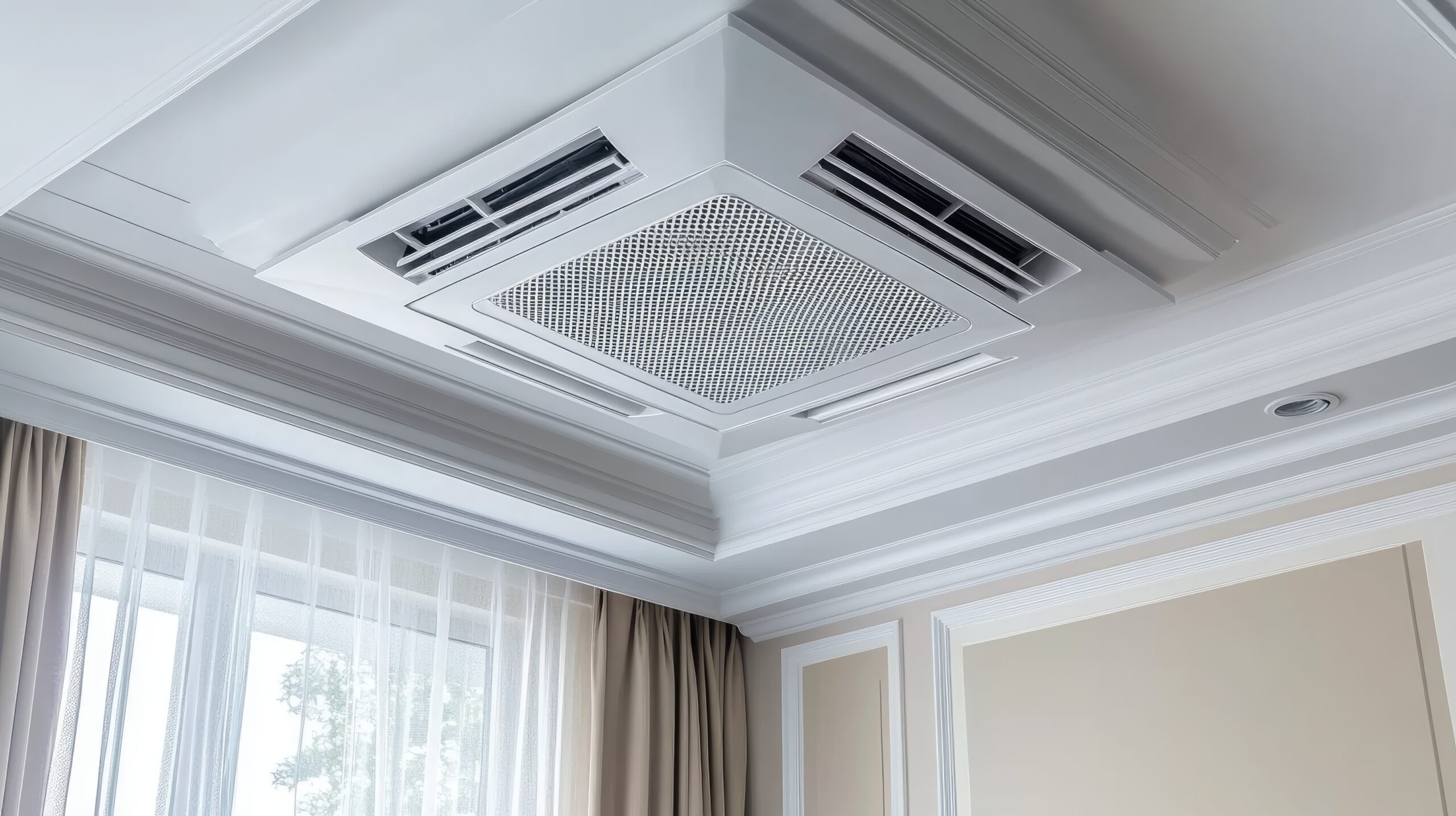When you’re in real estate, every detail matters. Whether it’s the location of a property or the quality of the roof, small factors can make a big impact on your return on investment (ROI). One area that often gets overlooked until there’s a problem is the HVAC system. And let me tell you — when a heating or cooling system fails, it’s not just an inconvenience. It’s an expensive headache that can derail your budget, eat into your profits, and frustrate tenants. That’s why understanding HVAC warranties isn’t just about reading the fine print — it’s about protecting your investment for the long haul.
Why HVAC Warranties Matter for Investors
In real estate, the HVAC system is one of the most important and costly components of a property. A well-functioning system keeps tenants happy, energy bills low, and property values strong. But when an HVAC system fails unexpectedly, you’re looking at potentially thousands of dollars in replacement costs, plus possible lost rent if the property becomes uncomfortable or unlivable. A warranty can be the safety net that saves you from that kind of financial blow. More importantly, the right warranty doesn’t just cover repairs — it can also offer predictable maintenance and protect you from sudden, budget-busting expenses. For investors who own multiple properties, that predictability is gold.
Types of HVAC Warranties
Not all warranties are created equal, and understanding the different types is critical. You have manufacturer warranties, which typically cover defects in parts for a set number of years. You also have extended warranties or service agreements, which can include labor costs, scheduled maintenance, and even replacement coverage. Some warranties transfer to new owners, which is a huge plus if you sell the property. Others may have strict requirements for maintenance or they become void. As an investor, you should always ask: What’s covered? How long is it covered? And what are my responsibilities to keep it valid? That last part is where a lot of investors get tripped up.
The Maintenance Requirement Trap
Here’s something I’ve seen more than once — an investor assumes the warranty will cover everything, only to find out it’s void because they didn’t follow the maintenance schedule. Most warranties require proof of annual inspections and maintenance by a licensed HVAC technician. Skipping a year to save a few bucks can cost you thousands down the road. I always recommend building maintenance into your annual operating budget and keeping organized records. Not only does this protect your warranty, but it also extends the life of the system and helps you catch small problems before they become big ones.
Calculating ROI with HVAC Warranties
A warranty isn’t just a piece of paper — it’s a financial tool. If a $500 extended warranty prevents a $3,000 repair in year six, that’s a significant win for your ROI. But you have to do the math before deciding if it’s worth it. Consider the age and quality of the system, the climate where the property is located, and the length of time you plan to hold the property. In hot or cold climates where the HVAC system works overtime, warranties tend to pay for themselves faster. If you plan to flip the property in a year, the ROI might not come from repair savings, but from using the warranty as a selling point. Buyers love knowing they’re protected.
The Resale Value Angle
Speaking of selling points, transferable HVAC warranties can add real value to your property when it’s time to sell. Imagine two identical homes — one with a brand-new HVAC system under warranty and one with an older system with no coverage. Which do you think a buyer will choose? A warranty shows buyers that the home has been well-maintained and that they won’t be hit with a big expense right after closing. It can give you an edge in negotiations and even justify a higher asking price.
Avoiding Common Warranty Pitfalls
One mistake I see too often is assuming all HVAC warranties are “set it and forget it.” That’s not the case. Always read the fine print. Some warranties don’t cover labor, which can be half the repair cost. Others require that all service be performed by specific contractors, which can limit your options. There are also exclusions for things like improper installation or damage caused by other systems in the home. The more you know upfront, the fewer surprises you’ll face later.
Building HVAC Warranty Strategy into Your Portfolio
If you’re managing multiple properties, don’t take a one-size-fits-all approach to warranties. A property with an older HVAC unit might benefit from a robust extended warranty. A brand-new build in a mild climate might not need more than the standard manufacturer coverage. The key is to align your warranty strategy with your investment strategy. That means looking at the age, condition, and expected workload of each system and deciding what level of protection makes the most financial sense.
Final Thoughts
HVAC warranties may not be the most exciting part of real estate investing, but they can quietly save you a lot of money and stress. They protect your ROI, make your properties more marketable, and give you predictable maintenance costs — all of which are crucial when scaling your portfolio. The next time you acquire a property, don’t just check the roof and the foundation. Ask about the HVAC warranty. It might just be the difference between a profitable investment and a costly lesson.
